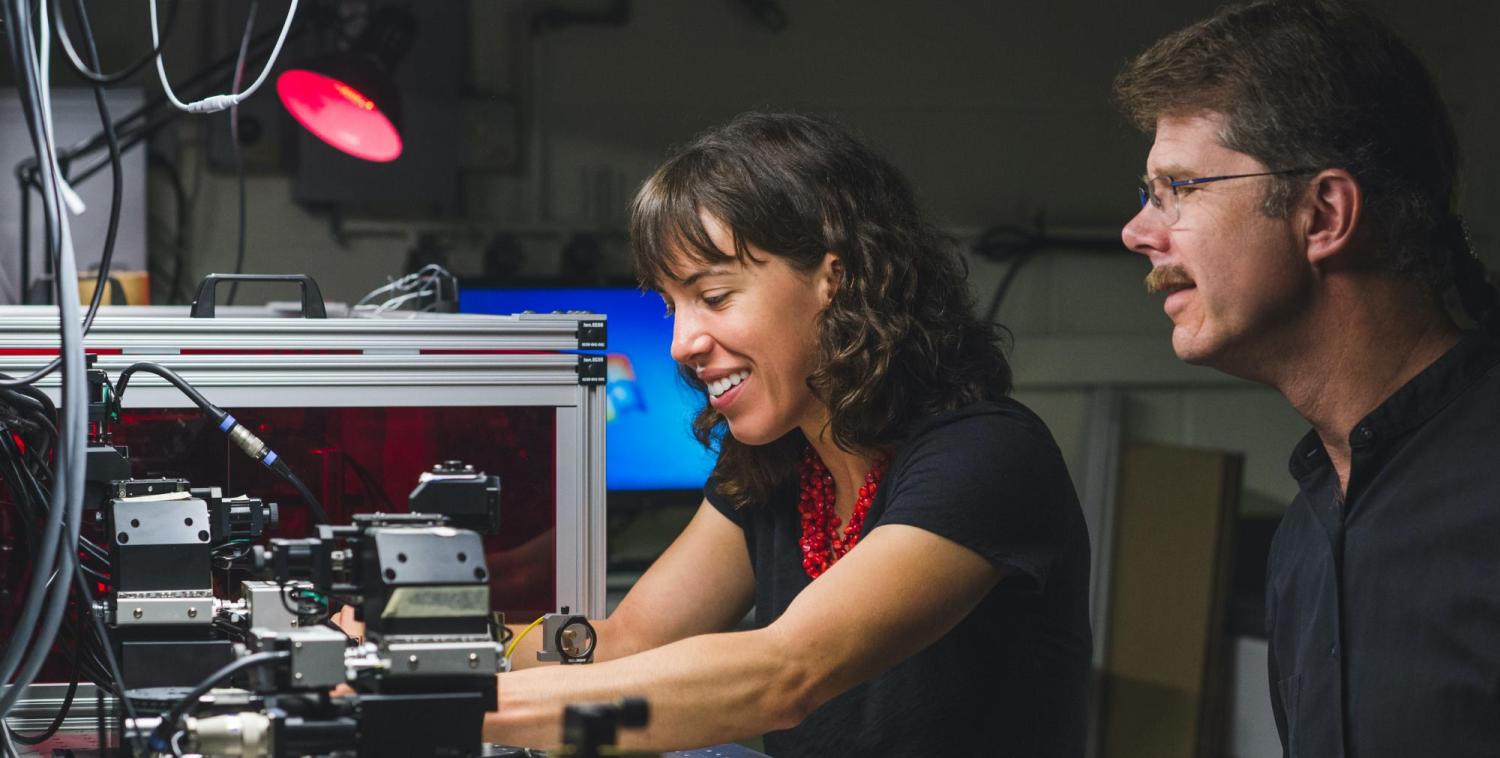PhD Program

The Biomedical Engineering Doctor of Philosophy (PhD) degree provides the scientific foundation to prepare students for careers in the biomedical engineering industry and for advanced training in biomedical sciences. We offer opportunities for students to focus on biomechanics and mechanobiology; medical devices; imaging and diagnostics or therapeutics. We partner with top-ranked medical institutions (CU Anschutz), laboratories (NIST), and numerous Front Range medical companies to promote translational approaches to solve pressing biological problems and unmet medical needs.
Our PhD degree is designed to prepare students for postdoctoral positions in university and academic/government laboratory environments, or as faculty members in colleges and universities globally. Graduates will also be prepared for success in related medical and other schools (veterinary, medicine, law, etc.).
Students must complete 30 credits of advanced graduate study in the discipline, as well as at least 30 dissertation credits. The PhD degree typically takes four to five years to complete. Students may choose to complete a PhD in Biomedical Engineering to:
- Deepen their scientific knowledge in the discipline by taking focused and advanced courses AND conducting cutting-edge research.
- Obtain core knowledge in biosciences as it relates to academia, industry, hospitals, and government labs.
- Learn to manage an open-ended research project and publish peer-reviewed journal articles in biomedical engineering.
Students must identify a faculty research mentor to collaborate with on their dissertation. This requires completion of a research project with a faculty mentor, a written dissertation that describes the research in detail, and an oral defense in front of a committee of program faculty. The scope of the research project is typically designed to lead to dissemination of new scientific knowledge in the form of three or more peer-reviewed journal articles.
#22
Public graduate biomedical
engineering program
US News & World Report 2023-24
38
Program
Faculty
CU Boulder BME
$97,410
National Median Salary
for Biomedical Engineers
U.S. Bureau of Labor Statistics, 2021
Partnerships
Anschutz Medical School,
National labs (NIST)
Colorado front range

